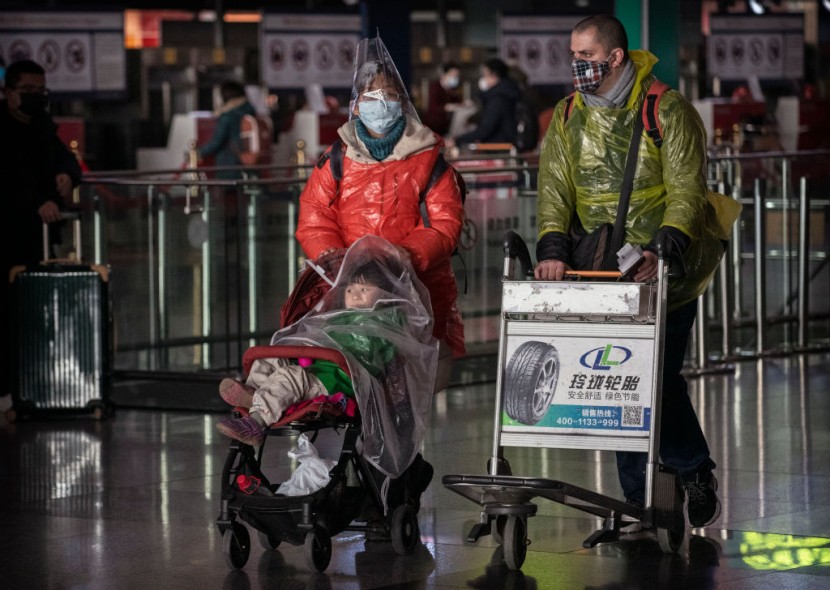Pneumonia is a common lung infection that affects millions of children worldwide. One type of pneumonia, known as walking pneumonia, is a milder form of the infection that often goes unnoticed.
This comprehensive guide aims to examine the signs, symptoms, and treatment options for walking pneumonia in children. We will also discuss the causes, diagnosis, and preventive measures parents can take to protect their children from this respiratory illness, as per Kumdi.
Pediatric Pneumonia Outbreak

The Warren County Health District in Lebanon, Ohio, issued an advisory on November 29, noting an "extremely high number of pediatric pneumonia cases being reported this fall season."
According to the advisory, the average age of patients is 8 years old, and the case numbers were high enough to meet the Ohio Department of Health's definition of an outbreak. Two days later, on December 1, An update was issued by the Centers for Disease Control and Prevention (CDC). stating that they are monitoring reports of similar illnesses among children worldwide. Both organizations identified mycoplasma pneumonia as one of the causes of these infections.
After navigating the COVID-19 pandemic, parents may be alarmed to hear of a new outbreak affecting kids. However, mycoplasma pneumoniae infections, also known as "walking pneumonia," are not new, and we have effective treatments to combat them. Let's dive into what parents need to know about this illness.
Mycoplasma pneumoniae is a bacteria that can cause upper or lower respiratory tract infections, including pneumonia. While we currently seem to be experiencing a spike in cases, the bacteria itself is not new. Unlike COVID-19, which was novel and affected populations for the first time, mycoplasma is a bacteria that doctors have seen and treated before.
In some cases, lower respiratory or lung infections with mycoplasma pneumoniae are referred to as "walking pneumonia." This term is used because the symptoms tend to be milder compared to pneumonia caused by other bacteria, and most people with "walking pneumonia" do not require hospitalization, according to Huffpost.
Understanding Walking Pneumonia
The gradual onset of mycoplasma pneumoniae sets it apart from other types of pneumonia that may present with sudden and severe symptoms. This infection has been called "walking pneumonia" for decades. Media outlets have now started referring to this illness as "white lung syndrome," based on X-ray appearance. However, this is not a medical term and does not indicate a new phenomenon.
It is not uncommon for infections caused by mycoplasma to rise every few years, and this could be one of those years. The symptoms of walking pneumonia can include high fever, coughing up mucus, chills, difficulty breathing, fatigue, loss of appetite, chest pain, sweating, and confusion in older people. It can be harder to spot in children, but symptoms may include rapid breathing, trouble breathing, fever, cough, and wheezing. In babies, symptoms can be more vague and may include fussiness or trouble feeding.
Amid concerns in China, Francois Balloux of University College London suggested that the recent spike in sickness is likely due to respiratory illnesses like flu or bacterial infections. He emphasized that there is no reason to suspect the emergence of a novel pathogen unless new evidence emerges.
If you or your child starts when experiencing pneumonia symptoms, it is critical to seek medical attention. assistance. The National Health Service (NHS) advises calling 999 or going to A&E if struggling to breathe, having pale or blue skin, sudden confusion, or if a baby is unresponsive and floppy, Mirror reported.
Related Article: Ancients Found to Have Made Elements Heavier Than Anything Listed on the Periodic Table








